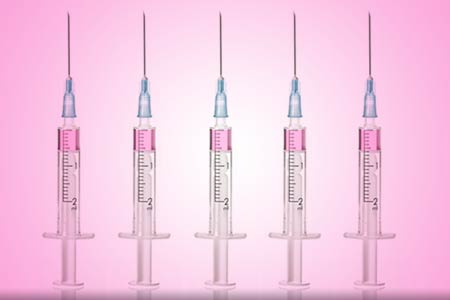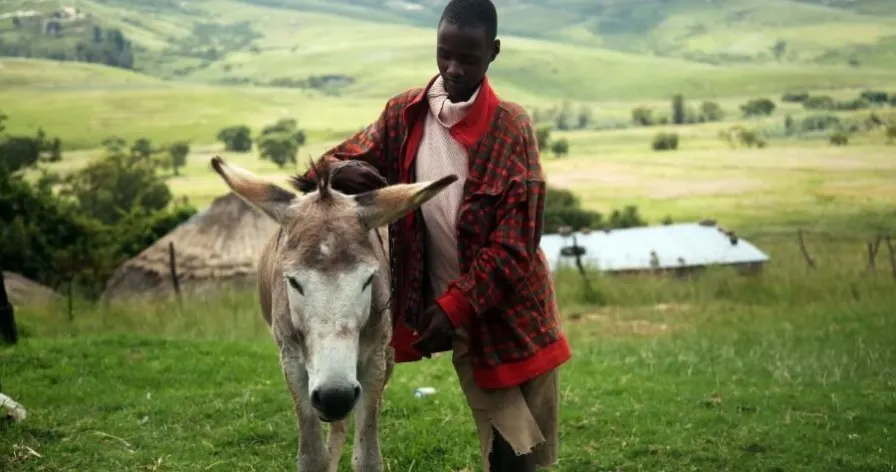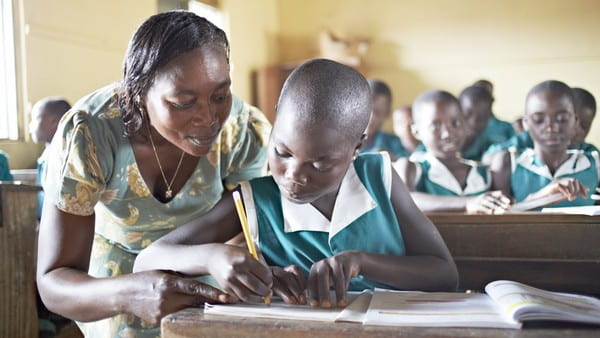New Developments in Breast Cancer Research

March 10, 2023
Breast Cancer is a form of cancer found in women, most particularly middle-aged, and found to be hereditary about fifteen percent of the time. Over thirteen percent of women have the chance of developing Breast Cancer in their lifetime. This can be overwhelming and scary to think about because that is a large percentage of women who are at risk of developing a potentially life-threatening disease. In case you don’t know what Breast Cancer is it’s an uncontrollable disease that causes cells to divide and spread continuously, meaning that this is a genetic mutation. While in many cases the patient ends up surviving, getting rid of all the cells is almost impossible since treatment can only help to extend a person’s life quality and expectancy.
At the beginning of 2023 medical researchers announced that there was a new Breast Cancer vaccine in the process of being clinically tested and is hoped to be released by the end of the year. Clinical trials are still being run and will continue to be run for many more months to ensure the vaccine is safe before the public has access to it. If this vaccination gets approved then it would be the first vaccine for any major form of cancer yet. This particular form of cancer is more concentrated which is why scientists may be the most successful in producing a vaccine way ahead of any other major cancer. In science, there are always new discoveries being made, and most of the time they aren’t publicized or just not important enough to be known by people. For researchers to have come this far in research and for them to feel confident that they have produced adequate evidence through trials that the possibility of a vaccine being released to the public is important. The reason this is so promising is that if there wasn’t sufficient evidence and hope for the success of this breakthrough then it wouldn’t have been made public knowledge.
The way the vaccine is meant to work is to strengthen immunity against tumor protein, this protein called human epidermal growth factor receptor 2 (HER2) is on the surface of cells but in the case of breast cancer, it gets overproduced. So a DNA-based vaccine was created to use DNA instructions that enable it to target the HER2. The vaccine is intended to be given to those who have already been diagnosed to generate anti-tumor immunity. There is not enough data yet to explain the possibilities this could open up but scientists have stated that it’s their hope to one day give all women access to the vaccines before they even develop Breast Cancer. Even though it remains a target for women at advanced stages, down the road there are many possibilities.
With the goal of making Breast Cancer preventable in the future could this new scientific breakthrough be the next most important vaccine to save thousands of lives? Hopefully, once the first form of a cancer vaccine is released the research can be used to tackle other forms of cancer. Thousands of lives could be saved but for now, the hope of helping the specific people diagnosed with Breast Cancer is plenty to be grateful for.
























